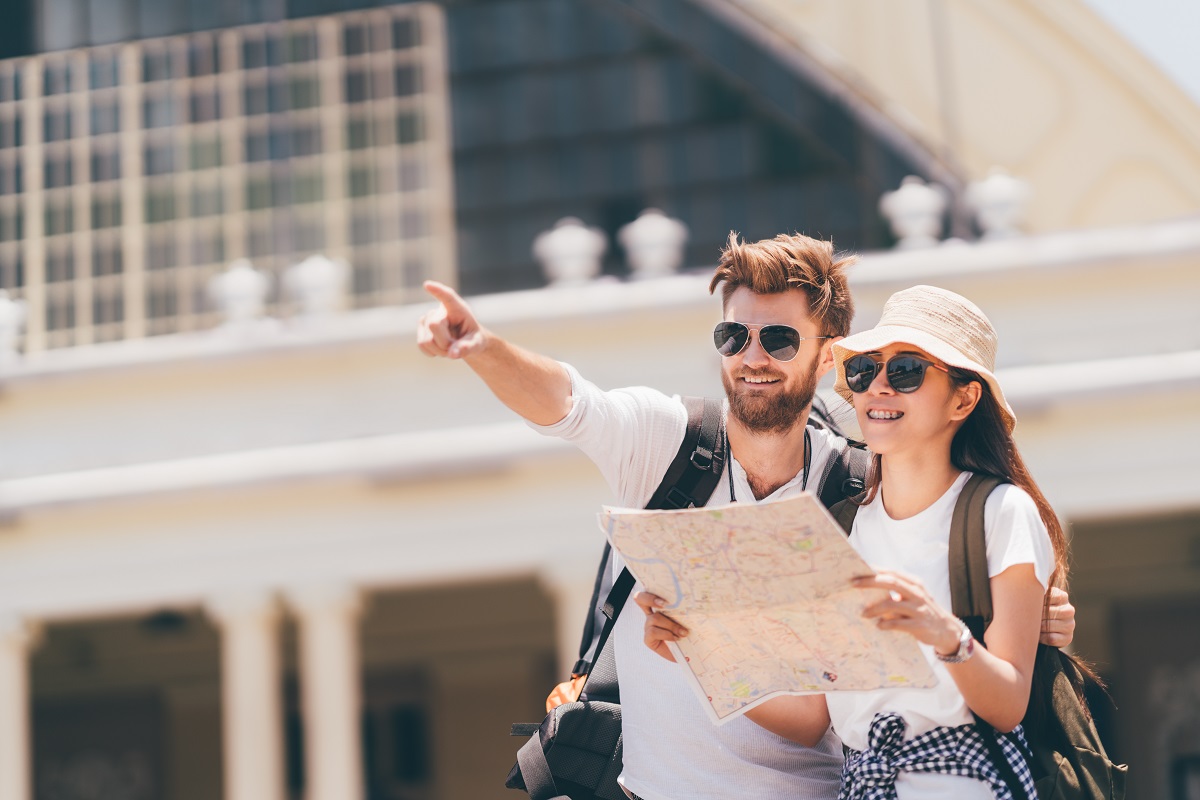Living through a pandemic, as it turns out, can be stifling. We spend most of our days at home, partly to be responsible and observe public safety guidelines, partly because there isn’t much to do outside anyway.
Yet with the general reduction of human activity, the environment has been given a reprieve of sorts. Pollution has lowered, and air quality improved in many cities around the world. Images of wildlife prowling empty streets have gone viral.
Nature’s resurgence has been largely welcome, but it will prove short-lived. People are already looking forward to resuming regular activities once a reasonable level of normalcy is achieved. The pent-up desire to travel can easily result in over-compensation in the years to come.
If Covid-19 enforced a halt to travel, the eventual easing of lockdowns, restrictions, and health measures shouldn’t signal business as usual for the casual traveler. Instead, we need to retain that fastidiousness in our travel lifestyles.
Sustainable travel will return
Recent years have certainly raised growing alarm at the effects of climate change, as we witness record storm seasons, unprecedented droughts and wildfires, and historic cold snaps.
But the call for human activity to be more sustainable is hardly new. Scientists have predicted for decades that our impact on the environment would lead to a tipping point or crisis. The difference is that more people are now inclined to listen.
Travel activities play a major role in driving those adverse impacts. It’s estimated that tourism accounts for 8% of the world’s emissions. Transportation alone is responsible for three-quarters of the sector’s impact, 5% of global emissions, and 20% of all transport-related emissions.
And that’s just scratching the surface, as transportation emissions are among the easiest to measure. It’s harder to quantify the impact of food production, hospitality, waste management, and other essential services on the tourism industry.
As travel resumes, more people will strive to be sustainable in different ways. Maybe they only book lodgings with green-certified hotels or take public transportation as much as possible. These measures are a good place to start.
But they won’t be enough on their own.

Behavior must change
For those fortunate enough to have avoided infection, it’s easy to acknowledge the gravity of Covid-19 while seeing it mostly as an inconvenience. It wasn’t so much life-threatening as it was a wrench thrown in one’s life plans.
The truth is that the pandemic is inextricably tied up with the modern way of living.
Global systems have been built up over the decades to support a lifestyle of high consumption that’s prominent in developed countries. Accessible, high-speed travel networks link major cities together. The demand for various goods at affordable prices has driven supply chains to permeate developing nations with poor regulatory practices.
We take for granted the ability to move freely and wield considerable purchasing power. But exercising those capabilities without discretion is what led us to this crisis.
Our encroachment on wildlife may have initiated the cross-species transfer of the virus. International travel facilitated the spread of the coronavirus around the world. Extreme weather patterns driven by our emissions make people more susceptible to disease.
We can’t expect to learn from this pandemic unless we acknowledge that it resulted from our behaviors and consumption systems. Ultimately, that’s what needs to change.
Strive for responsibility
With that in mind, you can still look forward to traveling in a post-pandemic world if you make greater efforts to reduce your impact on the environment.
Some advocate purchasing carbon offsets to make sure that your money is making a positive contribution elsewhere. This is similar to how a business might sponsor a foundation for patient advocacy: it ensures that a portion of the profits goes to a worthy cause. But you have to do the research and be certain that the offset is verifiable.
While all countries will seek to rebuild their tourist industries, not all will have the technology and infrastructure to ensure this is done sustainably. Many will revert to unsustainable practices that were in place before. Again, you should consider supporting only those businesses and governments that strive to do better.
When you travel, seek to enjoy more experiences that don’t invoke material consumption or transportation costs. That may mean staying away from the typical bucket list, “Insta-worthy” tourist traps, which is a good thing in itself.
This ‘less is more’ approach to travel allows you to be more thoughtful and invest more effort into researching your destination and activities. It changes your behavior and makes you a more responsible traveler of the future.




